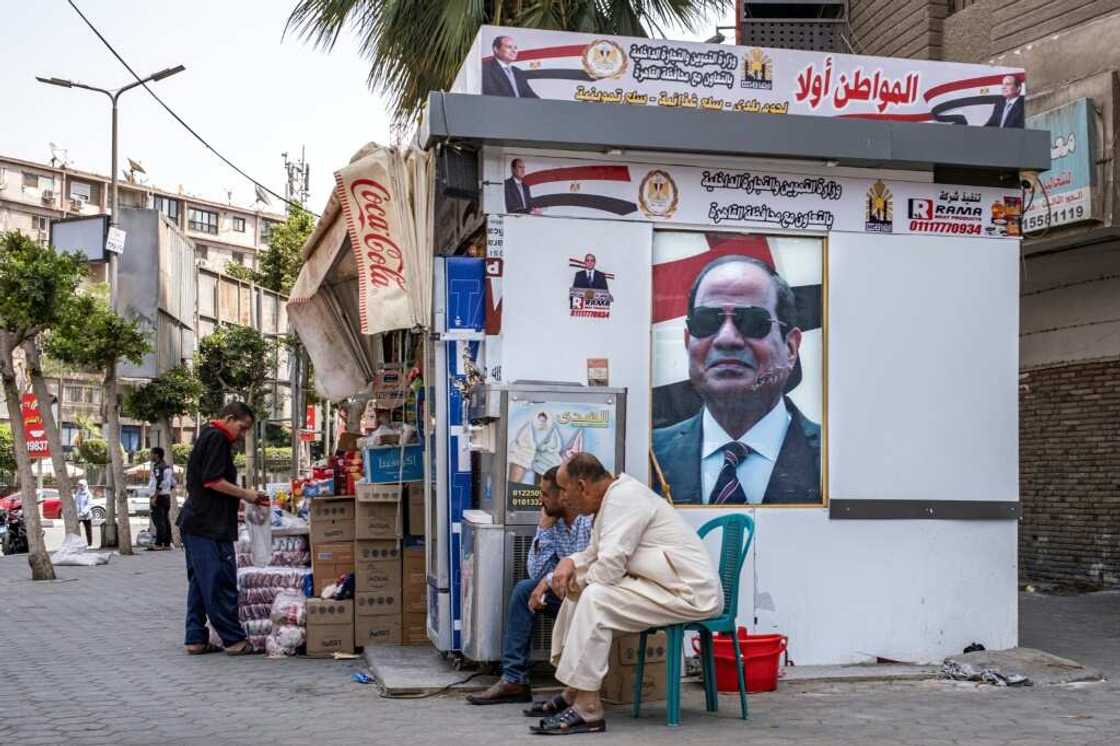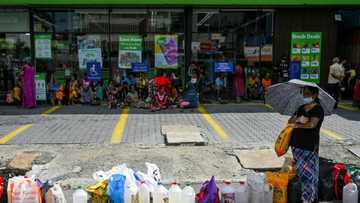Egypt annual inflation at record 36.8% in June

Source: AFP
Annual inflation in Egypt hit 36.8 percent in June, official figures showed on Monday, an all-time high for the country grappling with a punishing economic crisis.
The previous record of 34.2 percent in July 2017 came, as it does now, following a sharp currency devaluation connected to a bailout loan from the International Monetary Fund.
The Egyptian pound has lost half its value against the dollar since early last year, shooting prices upward and adding to the burden of families struggling to make ends meet in the import-dependent country.
The latest figures, a rise of almost 37 percent from June last year, also showed a two percent month-on-month jump from May this year.
Official data had shown skyrocketing inflation appearing to ease in the past few months, before food and drink prices alone registered a 64.9 percent increase compared to June 2022, state statistics agency CAPMAS announced on Monday.
The economic crisis has been worsened by Russia's invasion of Ukraine last year, which destabilised crucial food imports.
PAY ATTENTION: Share your outstanding story with our editors! Please reach us through info@corp.legit.ng!
Even before, 30 percent of Egyptians were living below the poverty line, according to the World Bank.
After the invasion unsettled global markets, investors pulled billions out of Cairo's foreign reserves, which have shown a slight increase this year. Reserves stood at $34.8 billion in March, up $500 million since February but still $7 billion less than before the war.
Around $28 billion of those reserves are deposits from wealthy Gulf allies, whose promises to purchase Egyptian state assets have stalled in recent months.
Egypt, the Arab world's most populous country, has been dependent on bailouts in recent years, from both Gulf allies and the IMF.
Last year, the IMF approved a $3 billion loan for Egypt conditioned on "a permanent shift to a flexible exchange rate regime".
Egypt is one of the five economies most at risk of defaulting on its foreign debt, according to ratings agency Moody's.
The country's external debt bill has tripled over the past decade, rising to a record high of $165.4 billion this year, according to Ministry of Planning figures.
Source: AFP



